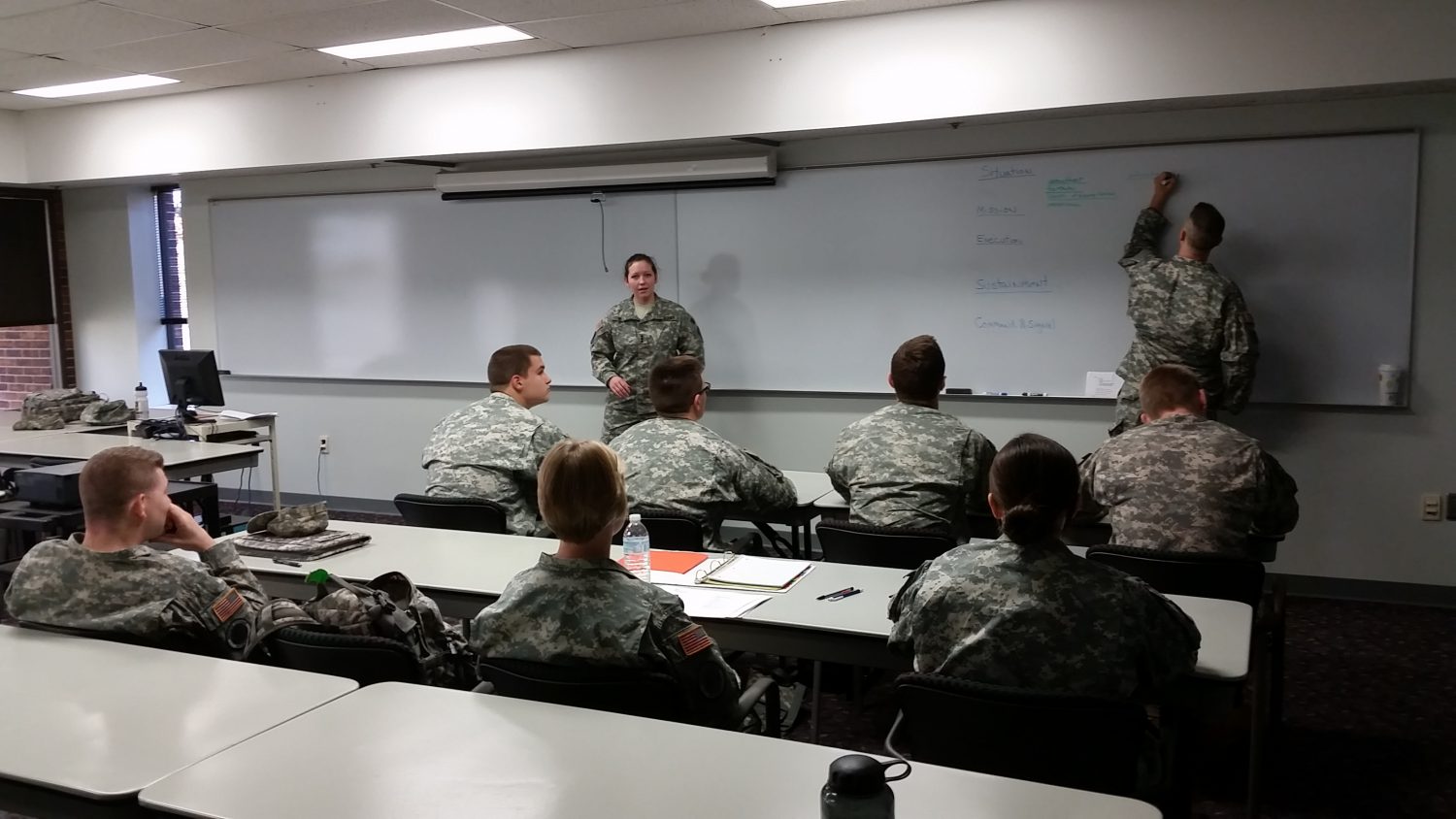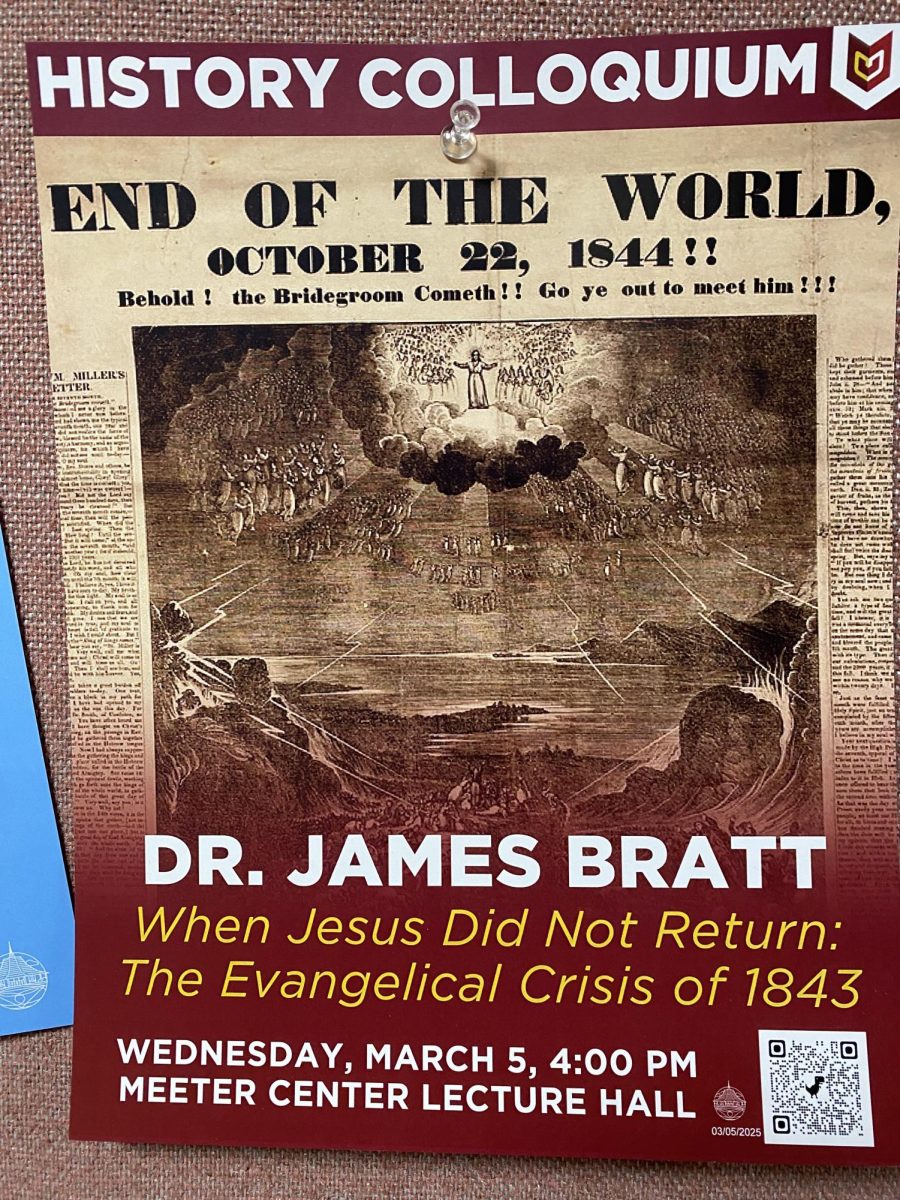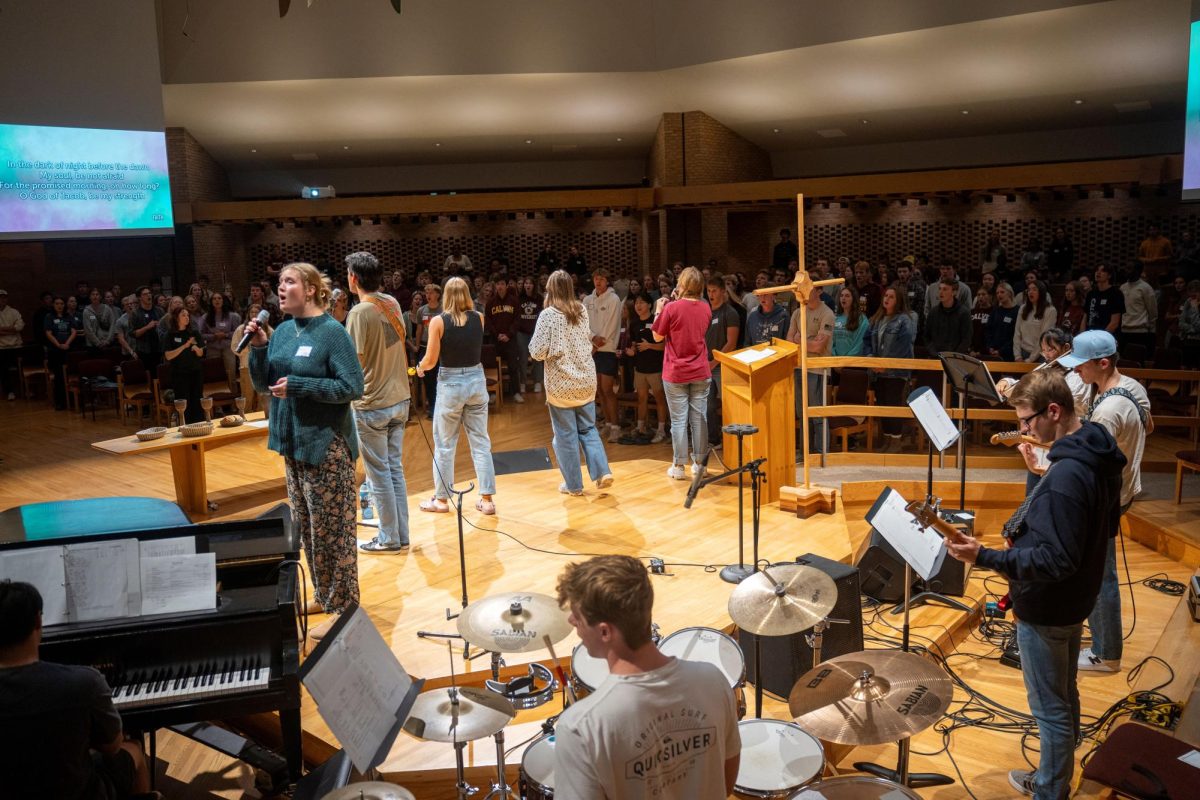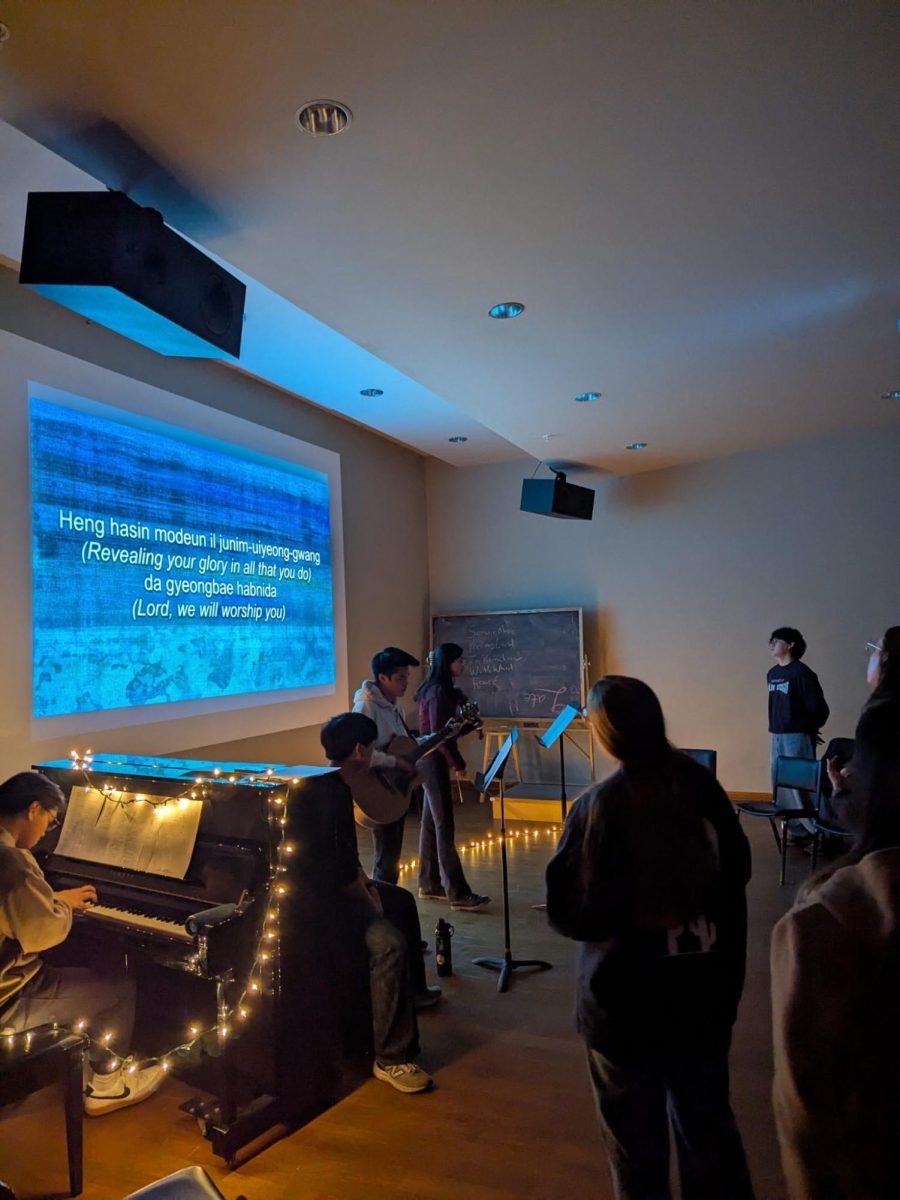The Army’s ROTC program has recently been subject of controversy due to a job posting at Wheaton College requesting a Christian officer and rejection of a student because of his beard and turban, which he requires for his religion; however, Calvin senior Brigman Rees, Executive Officer of Charlie Company(a unit that’s comprised of students from local colleges and universities), believes the army is very accommodating to different religious backgrounds.
Rees said that he has talked about the Wheaton job posting in many of his ROTC classes recently, particularly in terms of the ethical and moral issues involved.
Personally, Rees believes that the Wheaton College fundamentalist mindset contributes to their desire for a Christian officer. However, due to army policy, the college cannot request a specific characteristic for an officer:
“Army policy prevents that,” Rees said. “There is equal opportunity in the army, including gender rights, LGBT rights and religious rights, just like any other business.”
Another review of the ROTC program involves a lawsuit from American Civil Liberties Union and United Sikhs filed against the army due to student Iknoor Singh being denied a waiver to accommodate his turban and beard that is required by his Sikh faith.
“[This situation] has been misrepresented in the public media,” Rees said.
The issue goes back to the ROTC purpose and its roots in the army. The army has certain policies that must be followed by commissioned.
“The army has standards of conduct and it also has standards of uniformity,” Rees said.
If these standards cannot be met for any reason, the recruit needs a waiver. Many articles have called attention to Sikhs in the army who have waivers already, however, Rees says that that is a different circumstance. Many of those members joined during what is called “the surge,” which is the time of expansion of the military a few years ago.
“Right now, President Obama is trying to downsize the military,” Rees said.
Rees has seen this policy shift affect the ROTC program. Students in ROTC are “commissioned”, they are not “enlisted.” After the program, students have to apply for a contract. Right now, it is difficult for ROTC students to get a contact.
“I have seen an increasingly limited number of contracts even since I was a freshman,” Rees said. “Even the cream of the crop is not guaranteed a contract.”
Because ROTC is already a competitive program, the army is not likely to issue waivers to a student who will not comply with the standards of uniformity.
“I do not believe that this is a case where injustice is occurring,” Brees said.
To Rees, the standards of uniformity are an essential element in the army.
“When you go in combat, you need a tight knit group; you need standards and regulations,” Rees said.
Overall, Rees said the army is “becoming a more open community;” it has made great efforts toward integration.
The army has recently been working on religious integration in terms of LGBT, women, and religion,” Rees said. “The integration of minorities [into the army] is also an integration of social justice.”
The army, Rees believes, is very accommodating to different beliefs and backgrounds.
“We have our own chaplains. Whatever belief you have they provide you with a guidance
counselor. It’s their job.” Rees said. “I have never seen any problems where the army didn’t allow somebody because of faith.”







